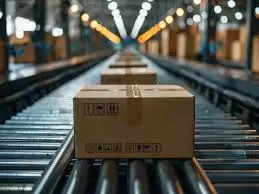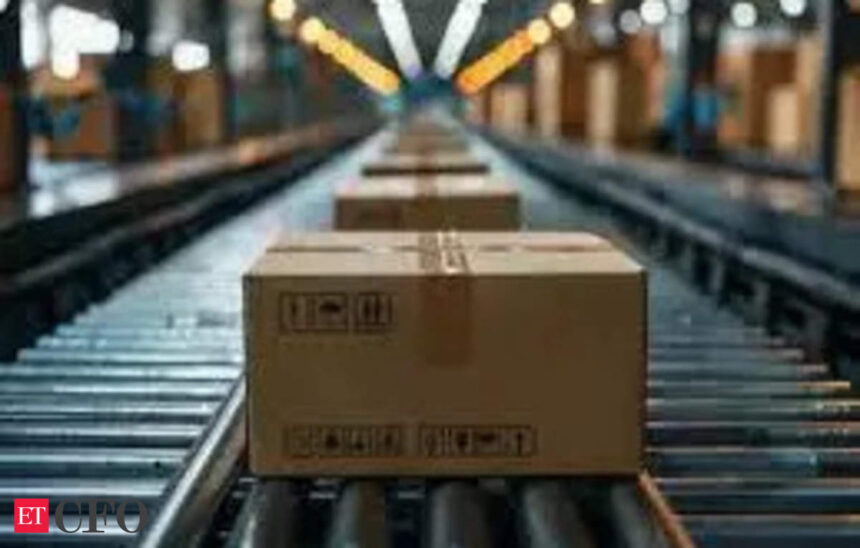[ad_1]

The government’s plan to establish 50 e-commerce export hubs is projected to generate up to 2.75 lakh new jobs, according to a recent report by TeamLease Degree Apprenticeship. This initiative aims to significantly boost the nation’s export capabilities and drive growth in the logistics sector.
Government Initiative Spurs Job Creation
The TeamLease report highlights that the development of 50 e-commerce export hubs is set to create between 2.25 and 2.75 lakh new jobs. This initiative is anticipated to enhance India’s export sector and address the growing need for skilled workers. The report projects a 50 per cent year-over-year increase in apprenticeship numbers in the logistics sector over the next three years.
Ramesh Alluri Reddy, CEO of TeamLease Degree Apprenticeship, emphasized that the expansion will create substantial demand for skilled professionals, particularly in logistics roles. Reddy noted that the increased focus on apprenticeships aligns with the government’s broader strategy to support job creation and workforce development.
Technological Advancements Drive Demand for Skilled RolesAccording to the report, the integration of advanced technologies such as AI, robotics, and data analysis is becoming increasingly critical as e-commerce hubs are established. This shift is driving the need for specialized roles in AI development, cybersecurity, and data analytics. The report stressed that the rise of automation in logistics will necessitate a skilled workforce to manage and optimize these new technologies.Reddy noted that the government’s emphasis on integrating emerging technologies will be essential for preparing workers to meet new demands. “The focus on AI and robotics is not just about innovation; it’s about equipping our workforce with the skills needed to thrive in an evolving industry,” Reddy said.
Challenges in the Unorganised Sector
The report also highlighted significant challenges within the logistics industry, particularly its largely unorganised structure. It pointed out that only 10 per cent of the sector is formalised, and just 4.5 per cent of the workforce is skilled. This lack of formalisation hinders the sector’s ability to fully leverage new technologies and meet the increasing demand for skilled labour. Dhriti Prasanna Mahanta, Vice President & Business Head of TeamLease Degree Apprenticeship, stressed that while the Union Budget 2024 supports growth through infrastructure development, there is a pressing need for initiatives focused on workforce skilling and formalisation. “To realise the full potential of this sector, we need to address the gaps in formalisation and invest in training programs that align with industry needs,” Mahanta said.
The Path Forward
The report indicated that the expansion of multimodal infrastructure and the creation of cargo parks are expected to reshape supply chain networks across the country. Mahanta emphasised that the establishment of e-commerce export hubs aligns with India’s goal of becoming a global manufacturing leader, creating new opportunities in international shipping and supply chain management.
As automation becomes more prevalent in logistics, the report highlighted the increasing demand for advanced skills and the importance of work-based learning programs in bridging the skills gap. “With the rise of automation, it’s crucial that our workforce is prepared through comprehensive training programs that integrate practical experience with theoretical knowledge,” Mahanta added.
[ad_2]
Source link





